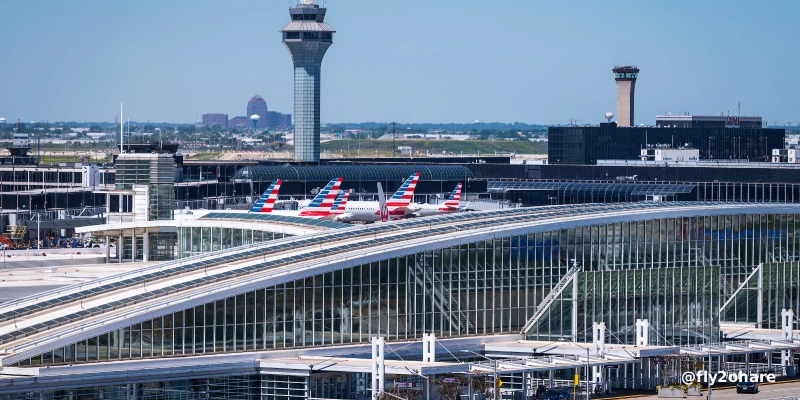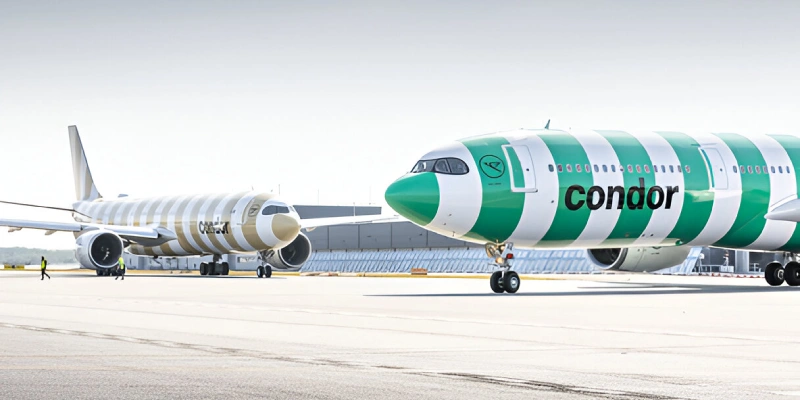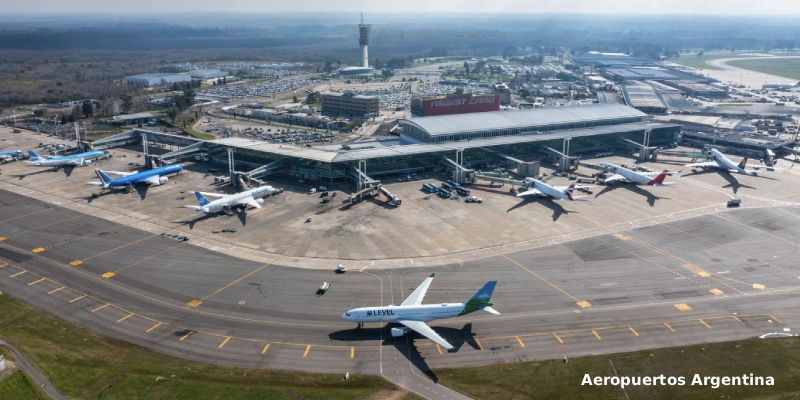Portugal has relaunched the privatization process of its flag carrier, TAP Air, aiming to sell 49.9% of the company, including a 5% stake reserved for employees. Prime Minister Luís Montenegro announced the move in a televised statement on Thursday, marking a definitive shift in a long-delayed operation.
A Bet on Financial Sustainability
Montenegro was clear about the rationale: “We have already spent a lot of money… We don’t want to keep throwing money into a bottomless pit.” The decision comes after years of financial instability at TAP, which posted a record loss of €1.6 billion in 2021 during the COVID-19 pandemic. The crisis forced a deep restructuring and a state bailout.
Since then, the airline has regained ground. Over the past three years, it returned to profitability, and in 2024, it carried more than 16 million passengers with a main fleet of 99 aircraft, plus 19 additional planes operated by its subsidiary TAP Express, which specializes in short- and medium-haul routes.
Interest from Major European Players
The partial sale has already attracted attention from industry giants. Lufthansa, Air France-KLM, and IAG—the parent company of Iberia and British Airways—have held talks with the Portuguese government over the past year. Montenegro expressed optimism: “We are confident there will be many interested parties.” The government seeks a “strategic partner” to ensure the airline’s long-term viability and contribute to national economic development.
→ TAP Launches Direct Flights Between Terceira Island and San Francisco
A Key Asset for International Connectivity
One of TAP’s main strengths is its route network. The airline controls valuable slots from its Lisbon hub to Brazil, Portuguese-speaking African countries, and the United States. The government has emphasized its intention not only to preserve these assets but also to expand them.
Additionally, TAP plays a vital role in Portugal’s tourism sector, transporting the majority of visitors arriving by air. This capability has been instrumental in the country’s recent tourism boom.
Political Hurdles Ahead
Despite the relaunch, the process faces challenges. The privatization had stalled earlier following the collapse of the center-right government in March. Although the coalition returned to power in May’s national elections, it still lacks the parliamentary majority needed to guarantee approval of the sale.
What’s Next?
The government’s goal is clear: to find an investor that ensures TAP’s stability without compromising the country’s strategic interests. Meanwhile, the European aviation industry is watching closely. With increasing global competition and ongoing market consolidation, this privatization could redefine the balance of power in the Atlantic skies.
Related Topics
Middle East Airport Crisis: Infrastructure Attacks, Massive Operational Disruption, and Thousands of Travelers Stranded
FAA Proposes Flight Reductions at Chicago O’Hare to Avert Summer Operational Collapse
Condor to Move Operations to Frankfurt Airport’s New Terminal 3 in 2027
Argentina: Ezeiza Airport Launches Investment Plan Exceeding US$100 Million to Expand Operational and Logistical Capacity

Plataforma Informativa de Aviación Comercial con 13 años de trayectoria.




